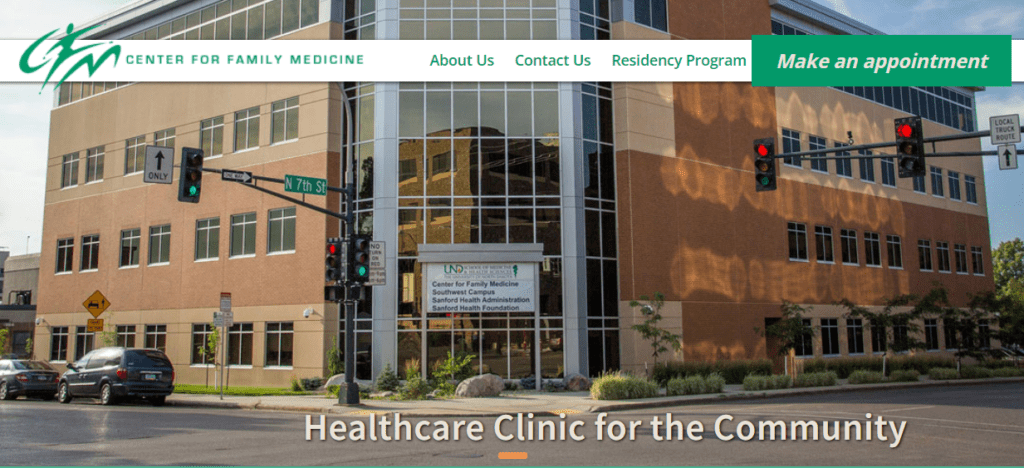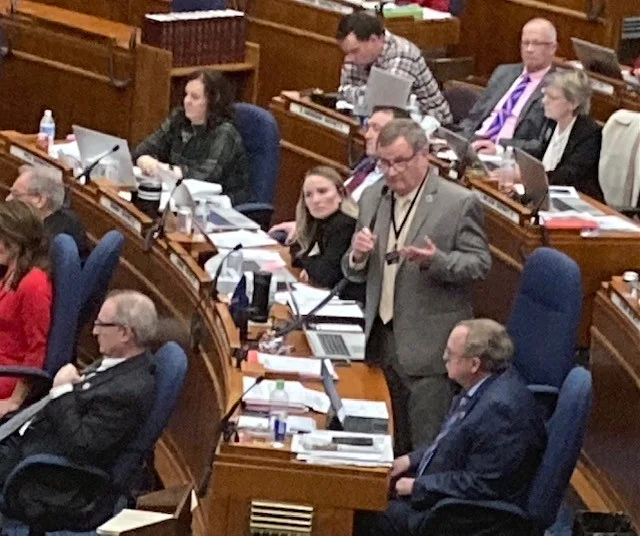

BISMARCK – The North Dakota State House voted Thursday to place on the ballot a removal of the only property tax that the state levies, which goes to the medical center at the University of North Dakota.
Senate Concurrent Resolution 4019 would place on the November 2024 ballot a measure to repeal article X, section 10 of the North Dakota Constitution. Section 10 imposes a one mill levy of property tax on all taxable properties to fund the medical center at UND. The resolution to repeal this section received a 12-1 Do Pass recommendation from the House Finance and Taxation committee. If voters pass the resolution, it will take effect for taxable years beginning after December 31, 2026.
“The intent of this bill is to give the legislative assembly enough time to figure out the correct funding source for this,” said Rep. Jared Hagert, R-Dis. 20, Emerado. “One mill, I believe, is about five and a half million. In a biennium this generates about $11 million. The school itself is supportive of this. It’s a great university, great program, provides great service to North Dakota, but let’s just try to figure out how to fund it correctly.”
“It’s a funding source UND can count on,” said Rep. Donald Longmuir, R-Dis, 2, Stanley. “When they are trying to recruit students and keep good medical people in the area, this one mill helps the school to keep moving forward. We’re at a time now where we have a shortage of medical personnel, and here we are trying to cut back ways that we actually fund that program.”

Rep. Jon Nelson, R-Dis. 14, Rugby, said he believes one mill costs each taxpayer five dollars a year.
“I believe the one mill for the medical school was added in the 1970s,” said Nelson. “We have a number of North Dakota residents that now attend medical school at UND, began there and finished their residency programs in North Dakota, which allows those individuals to work in North Dakota hospitals and healthcare centers at, I believe, 80%. It’s the only property tax that the state of North Dakota collects, and it goes for healthcare.”
The resolution passed by a vote of 53 to 34, and if both chambers agree on the amendments, it will be sent to voters in November of 2024.